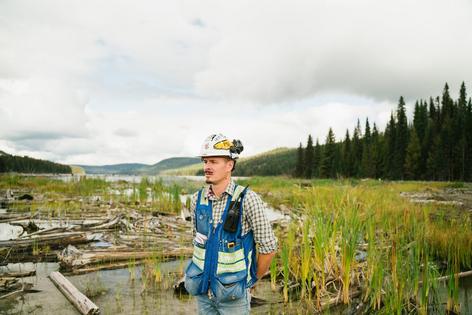Building a Career in Environmental Engineering: Educational Pathways Explored
Published in EDU Advice
Embarking on a career in Environmental Engineering demands specific educational credentials. At the base level, a Bachelor's degree in Environmental Engineering or a related field such as Civil or Mechanical Engineering is the norm. These programs last around four years and provide a robust grounding in engineering fundamentals while emphasizing specialized subjects like waste management, pollution control, and water treatment.
After obtaining a Bachelor's degree, you have the option to enter the workforce or pursue further studies. A Master's degree in Environmental Engineering can focus on niche areas like sustainable design, water resource management, or air quality control. These typically two-year programs offer in-depth studies and often involve research projects, equipping graduates to tackle complex environmental challenges.
Professional licensure is often the next step, which involves a series of exams starting with the Fundamentals of Engineering (FE) and progressing to the Principles and Practice of Engineering (PE). Becoming a licensed Professional Engineer is critical for career advancement and is usually mandatory for roles that involve public safety.
Continuous professional development is crucial in this ever-evolving field. Engineers can pursue certifications in emerging technologies or attend workshops and seminars to stay updated.
This article was generated by Open AI with human guidance and editing along the way.









Comments